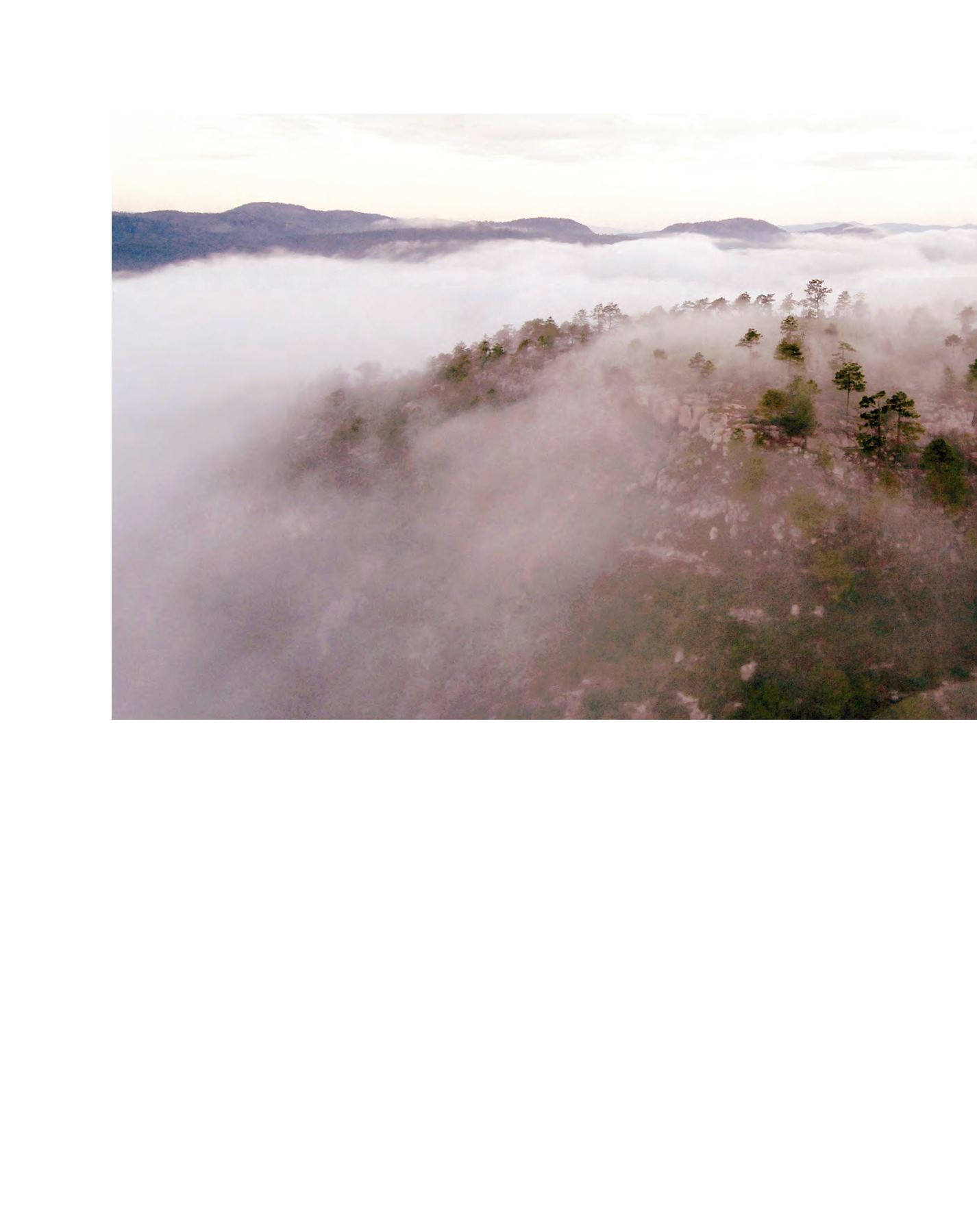

[
] 270
The national goal is to achieve a zero balance of emissions associ-
ated with changes in the use of forest land by 2020.
Restored forestry ecosystems
From 2001 to 2010 the Federal Government promoted the implemen-
tation of conservation and restoration works in 569,621 hectares and
the reforestation of 2,324,478 hectares. Moreover, through compensa-
tion due to change in land use, from 2005 to 2010 conservation and
restoration works were carried out and 79,292 hectares were refor-
ested and protected.
In 2009, as part of the tools development to support the forestry
sector, target criteria were established to prioritize strategic areas. As
a result, a Forest Restoration Program in Hydrological Basins was
created, establishing a new restoration strategy for recovery and resto-
ration of conditions which promote the evolution and continuity of
the natural processes of the forest areas in priority watersheds, aimed
at people living in these regions or with natural resources in them.
Payment for environmental services (PES)
The PES programme was created as an economic incentive for the
forest landowners. These services are created in order to offset the
costs associated with conservation and good practice in
their lands. This programme is internationally recog-
nized for its design and the surface area that it protects.
The programme began in 2003 and has since devel-
oped significantly. It is currently applied in strategic
areas and recognizes the different ecosystems that are
being protected, which is reflected in differentiated
payments per hectare.
Today, as part of the evolution of the PES scheme
and in order to be accepted by the producers and the
hydrological service users, the creation of local funding
mechanisms is encouraged, under a watershed vision or
through development of biological corridors as prior-
ity areas for conservation of forest ecosystems (through
matching funds). It is a primary strategy in the devel-
opment of local markets for ecosystems services. In
2008-2010, with this funding, users of environmental
services provided more than 141 million pesos for local
schemes within the PES programme, covering an area
greater than 153,000 hectares. This scheme (which
combines federal, state and local financial resources),
A curtain of mist covers a Mexican forest in the state of Durango
















